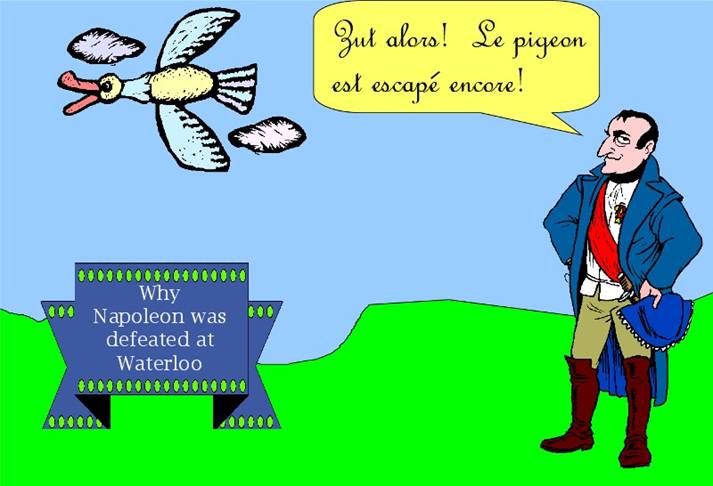Gadzooks! And what about banshee, manatee and
peewee. We shall be here all week if we are going to ventilate such fine
preferences in choices of words. Anyone interested in the grosser
peculiarities of the language might start with Julian Burnside's little book
'Word Watching' which will explain why 'epicentre' has finished up with the
opposite of its original meaning and an albatross is really a pelican.
The original English '-ee' nouns came via Law French from
the French past participle. Like it or not by the middle of the
nineteenth century we had such words made from intransitive verbs, and
'escapee' etc were part of the language. An employee is an employed
person and an escapee is an escaped person (or animal). If we are
going to quibble I would argue that an 'escaper' is only an escaper if
he/she/it is in the act of escaping or an habitual escaper. What has
happened, of course, is that recently many new nouns have been manufactured
from all sorts of verbs, such as 'franchisee' and 'draftee'. There is no
limit to this. An 'educatee' is a person who is educated and a
'supersizee' is a person served with a very large hamburger. This has
focussed attention on ‘-ee’ as a suffix and created the impression
that '-ee' is to be deployed at will but belongs only to the object of
transitive verbs. It is odd that this should be suggested to be a rule of
the English language.

-----Original Message-----
From: Paul Taylor [
Sent: Wednesday, 18 April 2007 7:36 PM
To: Canberra Birds
Subject: [canberrabirds] Re: Escapees vs. Escapers
Philip Veerman wrote:
> p.s. A side point, I write escaper or releasee. I
believe that someone
> who escapes is an escaper or even escapist if they
are skilled at it.
> Whereas an escapee is or should be, someone to whom
an escape has
> happened. This is in consistency to normal word use
and contrary to the
> way the word has commonly been used.
(Not bird-related - and thus off-topic - but curious.)
Dr. Goodword's Language Blog entry "No Escaping the
Oddity of ‘Escapee’"
covers this. Apparently it's a case of semantics overruling
syntax where
subjects/objects of transitive/intransitive verbs are
concerned.
(An equivalent example is "retiree" vs.
"retirer".)
http://www.alphadictionary.com/blog/?p=121
--
-=-=-=-=-=-=-=-=-=-=-=-=-=-=-=-=-=-=-=-=-=-=-=-=-=-=-=-=-=-=-=-=-=-=-=-=-=-
Paul
Taylor
Veni, vidi, tici -
I came, I saw, I ticked.
*******************************************************************************************************
This is the email announcement and discussion list of the
Canberra Ornithologists Group.
List-Post: <>
List-Help: <>
List-Unsubscribe: <>
List-Subscribe: <>
List archive: <http://bioacoustics.cse.unsw.edu.au/archives/html/canberrabirds>
List manager: David McDonald, email <>

